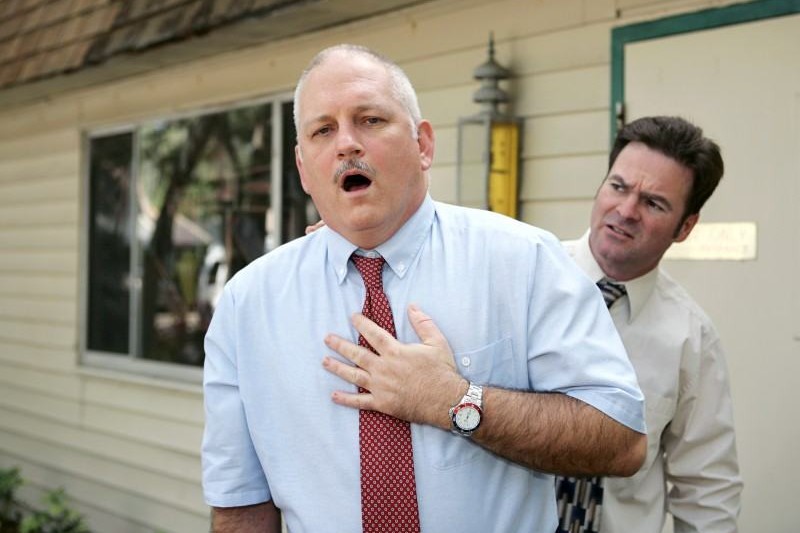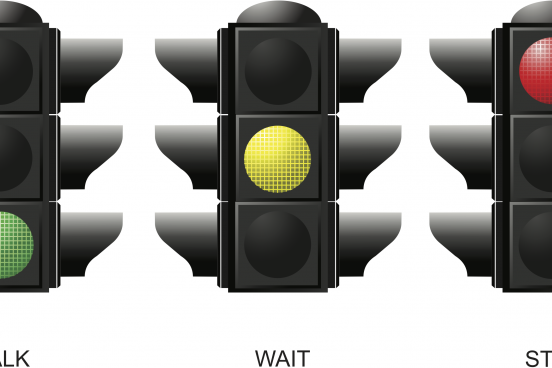Learning from the past, planning for the future
It happened once again.
With tears in my eyes I had to stop reading.
Not because of ocular fatigue, although this seems to occur more frequently these days, but because the tears got in the way.
Real tears.
Once again, insights from a book overpowered me.
I was hit twice simultaneously.
Once because what I was reading confirmed what I have been thinking for the past 20 years or so.
Twice, because I thought I had been alone in thinking the same thought, I had mentioned it in a public conference the night before and then I saw it a book written 23 years ago!
Struck twice :
1- Ah…. I was right.
2- Ah… I was late.
Delayed synchronicity or morphogenetic field at work?
Victor Hugo once said that nothing is more powerful than an idea whose time has come.
I have been plagued by this type ideatic viral infection several times in the last two years.
Jon Husband infected me with the Wirearchy concept in 2014.
Nigel Paine summarized a bunch of concepts about learning on the same day.
Harold Jarche thought me the rudiments of PKM in early 2015 and nothing has been the same since.
Marine Auger and Frederic Laloux described several organizations using alternative management methodologies that struck a sensitive nerve in me.
Niels Pflaeging and I started corresponding about organizing complexity (what a wonderful dichotomy !) and I ended up buying more than 60 books of his for colleagues and clients.
I had dinner with Charles Jenning and Jon Husband the night before these two gentlemen gave a presentation at an event I organized on The intelligent organization in September 2015.
Fours days on Skype for a virtual workshop on communities of practice with Etienne Wenger demonstrated the limits of such an experience and the richness of human contact…. Sorry Isaac Asimov but we are not ready for your “caves of steel” video-conferencing yet!
Each time those encounters confirmed my own visions about humans at work and the false power managers hold and yield.
Each time, those wise men and women pushed me further and suggested additional reading.
Ah those books!
Recent books but mostly older books.
F. Taylor 1911’s Scientific principle of management.
D. McGregor 1960’s The human side of enterprise
P. Senge 1991’s The fifth Discipline
The Pinchots’ 1993 End of bureaucracy and the rise of the intelligent organization
M. Wheatley, leadership and the new science
R. Sheldrake, Morphic resonance
And more recently
P. Lencioni’s The advantage
S. Sinek’s Start with Why
H. Jarche’s Adapting to life in Beta
J. Husband’s Wirearchy
N. Pgleaging’s Organize for complexity
Ah well .. I will not list the dozens of books I read every year.
Suffice to say that learning from others is not enough.
Learning WITH others is another matter…
Sharing those insights during the multiple events I organize for the communities of practice I lead, however, is a powerful way to explore those concepts and implement those new ideas with colleagues and clients.
One client of mine recently gave a vibrant testimonial in front of a group during a public conference : We explore new ways of managing with François , thanks to his “weird” ideas…. and it works!
Yeah… weird ideas…
If only he knew….
Not MY weird ideas… simply concepts that have been circulating for decades but whose time might have finally come.
Malcolm Gladwell calls this the tipping point.
Rupert Sheldrake describes this effect as an invisible morphogenetic field whose effect is felt through time and space.
Jon Husband’s Wirearchy is described as “a dynamic two-way flow of power and authority, based on knowledge, trust, credibility and a focus on results, enabled by interconnected people and technology”
Networks are powerful tools to spread such ideas.
Networks allow us to accelerate the change we seek in our organizations.
Learning from the past is not enough.
Networks and the amazing communication tool we now have will open the future.
Learning from the past is a mandatory step.
Planning for the future is the next.
The future will happen faster than expected. W. Gibson used to say that the future is already here but it is not evenly distributed.
The future is tomorrow.
The future is now.
Learning from the past
Thinking about the present
Organizing for the complexity of tomorrow
Planning for….
Learning from the past,
planning for the future
Ah well… if anything has to be learned from the past it is that , unfortunately, humans do not learn from past mistakes….
Get ready for a complex and vey hectic future!!
© Copyrighted material Aliter Concept 2016. Please do not print or copy without permission from the author.
BUT DO SHARE IT using the social network buttons !!




